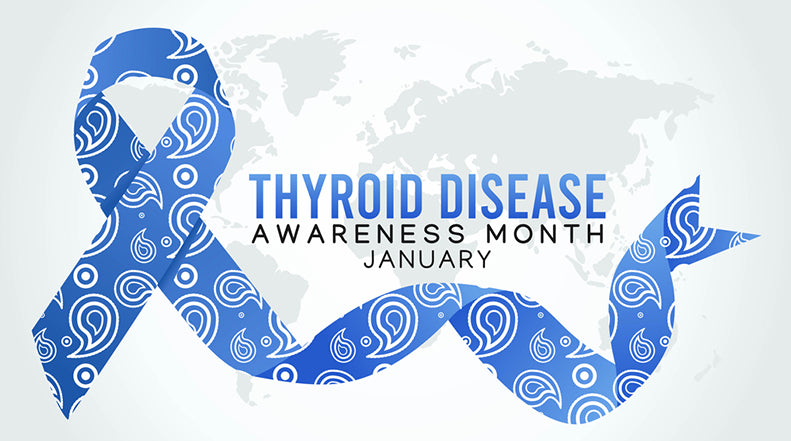Can Working Out Improve the Look of Your Scar?

When you think about the healing process from an injury or sickness, you think of rest, relaxation, drinking lots of fluids and eventually feeling better. However, experts have found that a lack of physical activity can not only slow down the healing process but get in the way of proper and clean wound healing. Here at NewGel+, we believe that proper wound care is imperative in order to minimize scarring and help you get back on your feet as quickly as possible.
When you think of a wound, you probably imagine what it looks like immediately following the incident. However, over time, the typical wound healing process is made up of four stages: Hemostasis, inflammation, proliferation, and remodeling. Hemostasis occurs directly after the injury. Blood clots appear, stopping the broken blood vessels from bleeding. Inflammation brings increased oxygen and white blood cells to the injured area. The proliferation phase is characterized by collagen development as the skin is literally remodeled, creating the base of what will become a scar. During remodeling, inflammation is gradually discontinued and scar tissue begins to build.
Throughout healing, oxygen is necessary for a quicker recovery. Once the wound is in a stable stage, exercise is recommended along with maintaining general hygiene and lifestyle habits. Read on to find out the best ways to achieve optimal healing results from either a surgical procedure or an injury that has left a scar. Be sure to clear it with your doctor before committing to any exercise plan.
WHY EXERCISE?
Exercise increases oxygenation and blood flow, two elements of healthy skin and a properly functioning immune system. Light exercise that stimulates the nervous system and encourages blood flow allows wounds to heal at a more rapid rate. Exercise also reduces stress by releasing endorphins. Depending on the advice of your doctor, start with lighter, more low-key exercises like stretching and Pilates. Once you receive the green light, go ahead and use an elliptical machine or walk on a treadmill. Experts have found that a lack of physical activity can actually slow the healing process.
FACTORS THAT AFFECT HEALING
Medication
People who are taking chemotherapeutic drugs are prone to difficulties with wound recovery, but other medications you might not expect also can hinder this important process. Blood thinners prevent the blood from clotting the way it needs to in order to continue to the next phase of healing. Even long term use of NSAIDs like ibuprofen are not recommended for those recovering from wounds because of their negative effects on healing.
Age
With age, our immune systems need to work harder to keep us healthy. Older skin is slower to regenerate both the skin cells of the epidermis and the immune cells involved in healing. While none of us can stop the aging process, we can do our best to take care of ourselves and practice preventative care.
Obesity
Excessive subcutaneous tissue interferes with blood circulation. It may also mean hypertension and diabetes, two diseases that make it more difficult for wounds to heal properly. Also, obese individuals may find it difficult to move the way they need to in order for health care providers to access the wound sites for continuing care.
Alcohol Consumption
Drinking alcohol affects the way tissue responds to trauma. It diminishes hydration levels, and increases levels of ethanol, both of which decrease existing collagen levels. These diminished collagen levels keep wounds from healing. It also increases the risk of bacterial infection and causes a weakened immune system.
Smoking
So much of good health depends on proper oxygenation. (The reason we exercise is to increase that oxygen level.) So it should come as no surprise that smoking is not only bad for our general health, but can complicate our ability to heal from wounds safely. Smoking depletes the cells of oxygen, depriving tissues of one of the major components in wound healing.
Nutrition
Good nutrition leads to a healthy integumentary system. Milk, whole grains, plenty of fruits and vegetables, lean protein and eight tall glasses of water a day will help the immune system as well as keep the bones and muscles strong. With a strong and healthy immune system, we have a much better chance of healing from wounds quickly.
Stress
Although all of these components are important to consider, stress is one of the worst impediments to healing wounds effectively. Stress is often called a ‘silent killer’, and affects every part of the body. Stress, like alcohol, also affects our immune system, which is a major player in how and when we heal from wounds.
IN SUMMARY
Following healthy guidelines, including appropriate exercise, to promote wound healing is important. Once the wound is closed, clinically proven NewGel+ products can help minimize scar formation. Our silicone products are designed to help scars flatten and fade, allowing you to focus on full recovery.




Comments